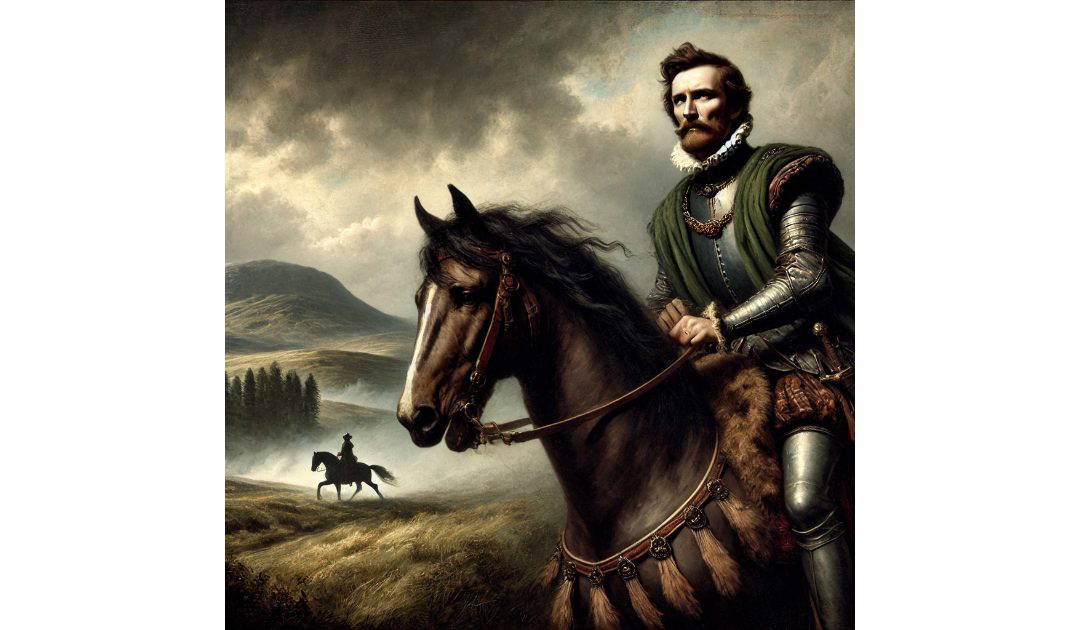On 15th December 1569 Charles Neville, 6th Earl of Westmorland (1542–1601) fled to Scotland after the failure of his rebellion against Queen Elizabeth I. He was an English nobleman whose life is remembered for his role in the northern rebellion against Queen Elizabeth I, known as the Rising of the North. Born into one of England’s most prominent Catholic families, Neville inherited the earldom upon the death of his father in 1564. His family’s status and his personal Catholic faith placed him at odds with the Protestant establishment that dominated Elizabethan England.
The Neville family had long been influential in northern England, but Charles’s tenure as earl saw a decline in their fortunes. This was partly due to his political missteps and partly because the Tudor monarchy sought to curtail the power of the old feudal aristocracy. Neville married Anne Dacre, another prominent Catholic, which solidified his ties to the old Catholic nobility but further alienated him from the Protestant court.
In 1569, Neville joined forces with Thomas Percy, 7th Earl of Northumberland, in leading the Rising of the North, a rebellion aimed at deposing Elizabeth and restoring Catholicism to England. The rebels sought to rescue Mary, Queen of Scots, who was imprisoned in England at the time, and place her on the throne. Despite initial success in rallying thousands of supporters, the rebellion lacked strong leadership and was poorly organized. The royal army swiftly crushed the uprising, and Neville fled to Scotland and then to the continent.
Declared an outlaw, Neville lived in exile for the remainder of his life, primarily in Spanish Flanders. Stripped of his titles and estates, he became dependent on Spanish support, as Catholic Spain sought to destabilize Protestant England. Despite his diminished circumstances, Neville remained active in Catholic exile politics, often working to promote Spanish interests against Elizabeth.
Neville’s later years were marked by frustration and a sense of failure. He died in 1601, a penniless exile, far from the lands and influence he once commanded. His participation in the Rising of the North exemplifies the tensions between Protestant reform and Catholic resistance in Elizabethan England, as well as the decline of traditional aristocratic power under the centralizing Tudor state.
When I was researching my novel, The Spy who Sank the Armada, the first in the Sir Anthony Standen Adventures, Anthony seemed quite often to be in the same area as Charles Neville, and Neville was perfectly cut out to be the villain for my plot. So he is.

